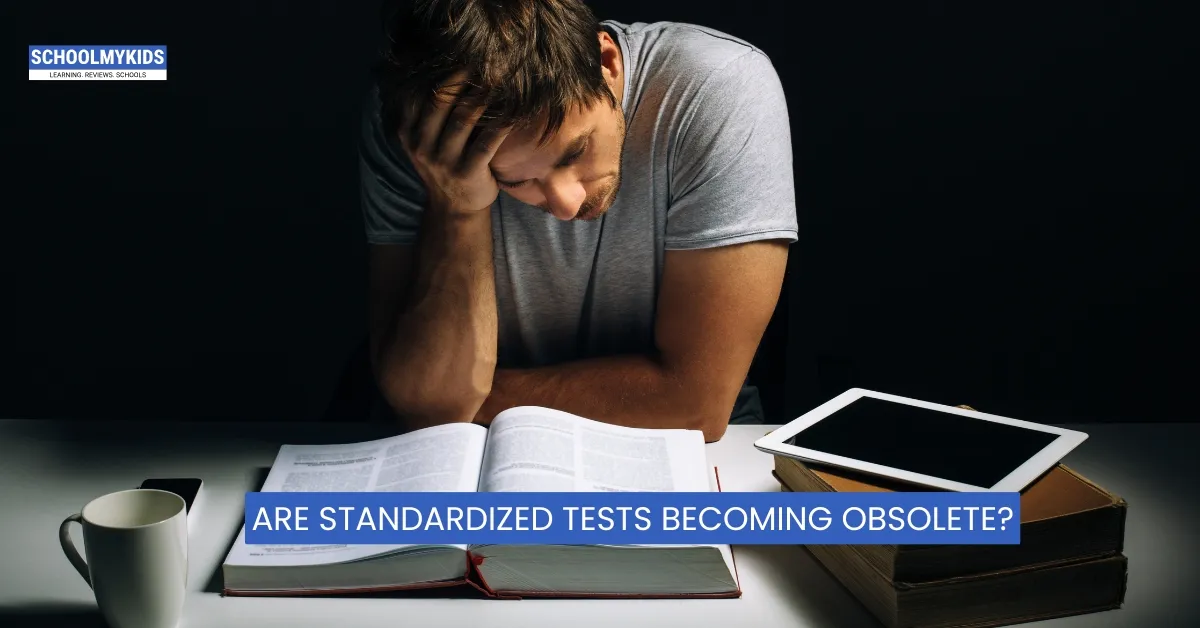The dominance of standardized testing in education is facing unprecedented challenges as educators, parents, and policymakers question whether these assessments truly measure student learning or simply create barriers to authentic education. The pandemic's disruption of testing schedules has accelerated conversations about alternative approaches to measuring academic progress and school effectiveness.
The Testing Overload Crisis
American students now take an average of 112 standardized tests between kindergarten and graduation—a dramatic increase from previous generations. Teachers report spending weeks preparing for tests that measure narrow skill sets while crowding out time for critical thinking, creativity, and deeper learning experiences.
Maria Gonzalez, a fourth-grade teacher in Chicago, describes the mounting pressure: "By February, everything becomes about test prep. We stop reading whole novels and focus on passage comprehension. Art and music disappear. The joy of learning gets buried under bubble sheets and data charts."
The consequences extend beyond lost instructional time. Students experience test anxiety at unprecedented rates, with some developing physical symptoms before assessments. The emphasis on test scores has created a culture where schools teach to tests rather than educating whole children.
Limitations of Standardized Measures
Standardized tests excel at measuring specific, easily quantifiable skills like basic math computation and reading comprehension. However, they struggle to assess creativity, collaboration, critical thinking, and problem-solving skills increasingly valued in modern workplaces and citizenship.
Dr. Richard Chen, an assessment researcher at UCLA, notes that standardized tests represent "a snapshot of performance on one day rather than a comprehensive view of student growth and capability." Students who are English language learners, have test anxiety, or learn differently may underperform despite mastering academic content.
The tests also fail to account for socioeconomic factors that significantly impact performance. Students from affluent families often receive test preparation that boosts scores without necessarily improving actual learning, creating misleading achievement gaps that reflect privilege rather than ability.
Alternative Assessment Approaches
Progressive schools are experimenting with portfolio-based assessment, where students compile work samples demonstrating growth over time rather than performance on single tests. These portfolios include written work, projects, presentations, and reflections that showcase learning in authentic contexts.
At New Tech High School in Austin, students present annual exhibitions where they defend their learning to panels of teachers, parents, and community members. Principal David Martinez reports that these presentations reveal student understanding in ways that standardized tests never could. "Students explain their thinking, defend their conclusions, and demonstrate real mastery of content and skills."
Performance-based assessments ask students to apply knowledge to real-world problems rather than selecting correct answers from multiple choices. Students might design solutions to local environmental challenges, create business plans, or conduct original research—demonstrating learning through action rather than testing.
The Equity Question
Proponents argue that standardized testing provides objective measures that prevent discrimination and ensure all students receive an appropriate education. Without consistent metrics, they worry that expectations might vary unfairly across different schools or student populations.
However, growing research suggests that standardized tests may actually perpetuate inequity by narrowing curriculum in high-poverty schools to focus on basic skills tested, while affluent schools maintain rich, diverse educational experiences. The tests become sorting mechanisms that limit opportunities rather than ensuring equity.
Many educators advocate for multiple measures of student success that include standardized test scores alongside other indicators like student engagement, creative work, collaborative skills, and growth over time. This approach provides a more complete picture while maintaining accountability.
International Perspectives
Countries like Finland have largely eliminated standardized testing below the high school level, instead focusing on teacher-developed assessments and comprehensive student support. Finnish students consistently perform well on international assessments despite—or perhaps because of—this reduced emphasis on testing.
Singapore employs a balanced approach using standardized assessments alongside school-based evaluation and holistic student development indicators. Their system demonstrates that accountability and authentic assessment can coexist when implemented thoughtfully.
Technology's Role in Assessment Evolution
Digital portfolios, adaptive assessments that adjust to student responses, and AI-powered evaluation tools are emerging as alternatives to traditional standardized tests. These technologies can provide immediate feedback, track learning progress over time, and assess complex skills that paper tests cannot measure.
Game-based assessments embed evaluation within engaging activities, reducing test anxiety while gathering rich data about student problem-solving processes and persistence. These approaches may represent the future of educational measurement.
The Path Forward
Rather than completely abandoning standardized tests, the future likely involves balanced assessment systems that use multiple measures of student learning and school effectiveness. Standardized tests might play a reduced role as one data point among many rather than the primary determinant of educational success.
The conversation continues as educators seek ways to maintain accountability while fostering the creativity, critical thinking, and authentic learning that students need for future success. The goal remains unchanged: ensuring all students receive excellent education and opportunities to thrive.









Be the first one to comment on this story.